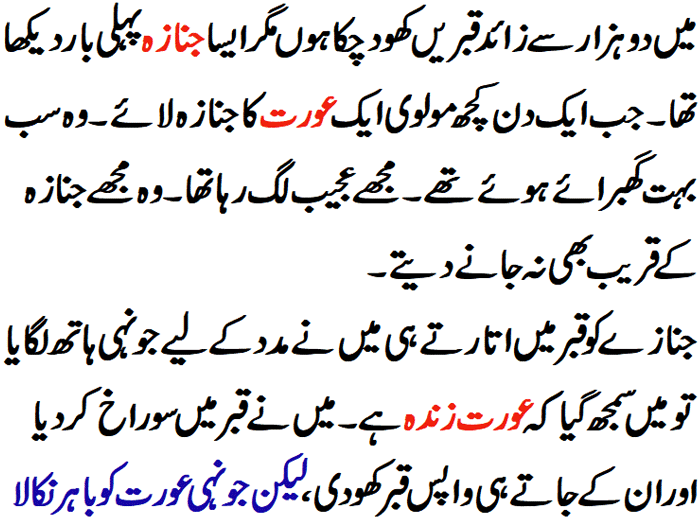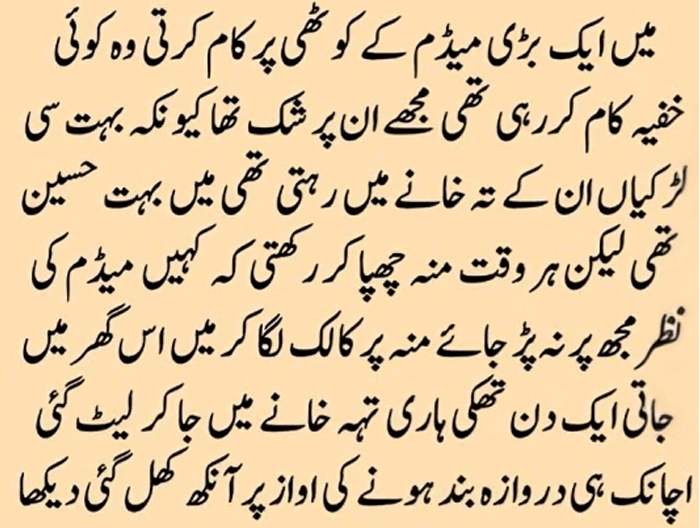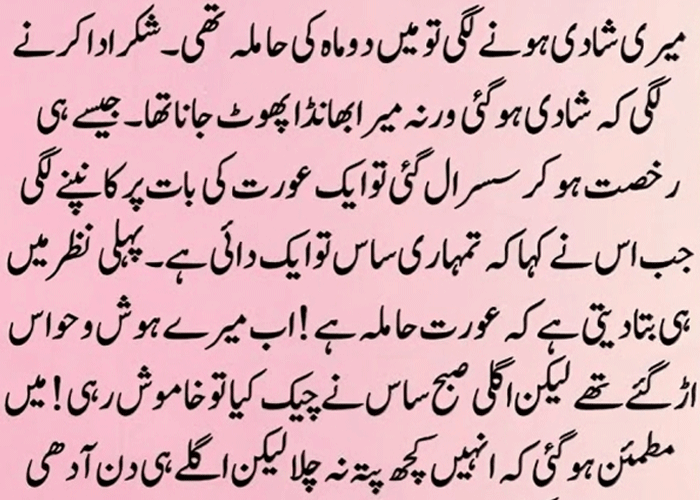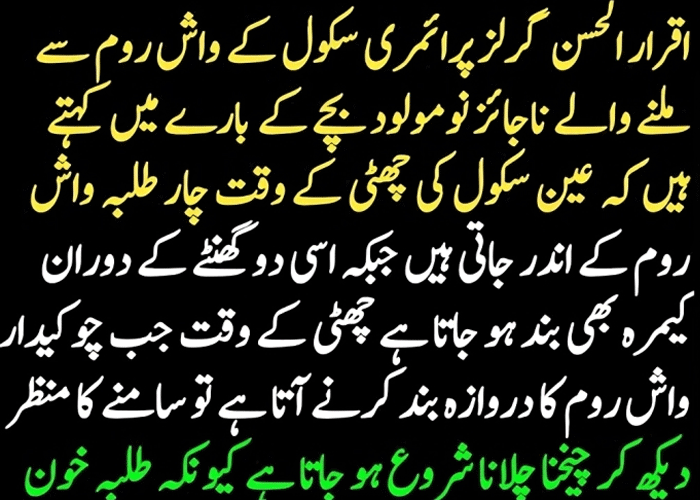
Zinc is a trace mineral that plays an important role in our body’s health. It’s essential for immune function, wound healing, DNA synthesis, and cell division. Despite its importance, zinc deficiency is relatively common and can go unnoticed because its symptoms are often subtle and mistaken for other health issues. Understanding the hidden signs and symptoms of zinc deficiency is crucial for maintaining optimal health.
Why Zinc is Essential
Zinc is involved in numerous aspects of cellular metabolism. It is required for the catalytic activity of over 300 enzymes and is involved in various important processes like protein synthesis, immune function, and cell division. Zinc also supports normal growth and development during pregnancy, childhood, and adolescence, making it a vital nutrient throughout life.
Hidden Signs and Symptoms of Zinc Deficiency
Weakened Immune System
One of the most significant signs of zinc deficiency is a weakened immune system. Zinc is crucial for the development and function of immune cells. A deficiency can lead to increased susceptibility to infections, including colds, flu, and other viruses. If you find yourself falling ill frequently, it might be due to low zinc levels.
Hair Loss
Hair loss can be a distressing symptom of zinc deficiency. Zinc plays a vital role in hair tissue growth and repair and helps keep the oil glands around the hair follicles working properly. Low levels of zinc can lead to thinning hair and even bald patches.
Skin Issues
Zinc deficiency can manifest as various skin problems, including acne, eczema, and dermatitis. Zinc supports skin health by regulating the production of skin cells and controlling inflammation. Persistent skin issues that do not respond to typical treatments might indicate a zinc deficiency.
Slow Wound Healing
Zinc is essential for proper wound healing. It helps maintain skin integrity and structure. A deficiency can result in slower healing of cuts, bruises, and other wounds. If you notice that your wounds are taking longer than usual to heal, it might be worth considering your zinc intake.
Diarrhea
Frequent diarrhea can be a symptom of zinc deficiency, particularly in children. Zinc plays a role in maintaining the intestinal barrier and immune response. Chronic diarrhea can also exacerbate zinc loss, creating a vicious cycle.
Loss of Appetite and Weight Loss
Zinc deficiency can lead to a loss of appetite, which in turn can cause weight loss. Zinc is essential for the senses of taste and smell, so a deficiency can reduce your ability to enjoy food, leading to decreased food intake and unintentional weight loss.
Cognitive Impairment
Zinc is vital for brain function and development. A deficiency can cause various cognitive issues, including memory problems, difficulty concentrating, and even mood disorders like depression. Ensuring adequate zinc levels is crucial for mental health and cognitive function.
Impaired Growth and Development in Children
Zinc is particularly important for children, as it supports growth and development. A deficiency can lead to stunted growth, delayed sexual development, and increased risk of infections. Ensuring that children receive adequate zinc is vital for their overall health and development.
Eye Problems
Zinc plays a role in maintaining eye health and vision. A deficiency can lead to issues such as night blindness and other vision problems. Zinc is involved in the transport of vitamin A, which is crucial for good vision.
Behavioral Issues
In children, zinc deficiency has been linked to behavioral problems, including hyperactivity, irritability, and attention deficits. Ensuring sufficient zinc intake can help mitigate these issues and support better behavioral health.
Causes of Zinc Deficiency
Zinc deficiency can result from several factors, including:
- Inadequate Dietary Intake: Not consuming enough zinc-rich foods such as meat, shellfish, dairy, nuts, and seeds.
- Poor Absorption: Conditions like Crohn’s disease, celiac disease, and chronic liver disease can interfere with zinc absorption.
- Increased Losses: Conditions that cause excessive loss of zinc, such as chronic diarrhea, or increased requirements during periods of rapid growth, pregnancy, and lactation.
How to Address Zinc Deficiency
If you suspect you have a zinc deficiency, it is crucial to seek medical advice for proper diagnosis and treatment. Here are some ways to address and prevent zinc deficiency:
Dietary Changes
Incorporate more zinc-rich foods into your diet. Good sources of zinc include:
- Meat and poultry
- Shellfish
- Dairy products
- Nuts and seeds
- Whole grains
- Legumes
Supplements
Zinc supplements are available over-the-counter and can help boost your zinc levels. However, it is essential to consult with a healthcare provider before starting any supplement regimen to avoid excessive zinc intake, which can also have adverse effects.
Address Underlying Health Issues
If an underlying health condition is causing poor zinc absorption or increased loss, it is crucial to manage that condition effectively with the help of a healthcare professional.
Monitor Zinc Levels
Regular check-ups and monitoring can help ensure that your zinc levels remain within a healthy range, especially if you have a condition that affects zinc absorption or increases your need for zinc.
Zinc is a vital mineral for numerous bodily functions, and its deficiency can have significant health implications. Recognizing the hidden signs and symptoms of zinc deficiency can help you address the issue promptly and maintain optimal health. By incorporating zinc-rich foods into your diet, considering supplements if necessary, and managing any underlying health conditions, you can prevent and treat zinc deficiency effectively. Always consult with a healthcare professional for personalized advice and treatment.






